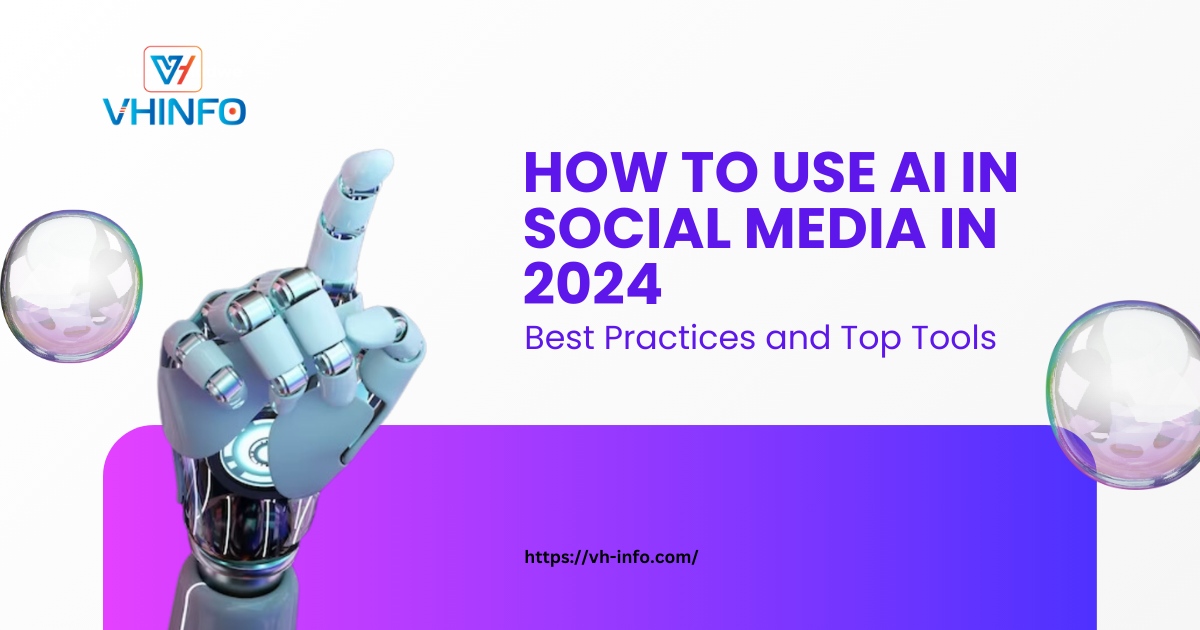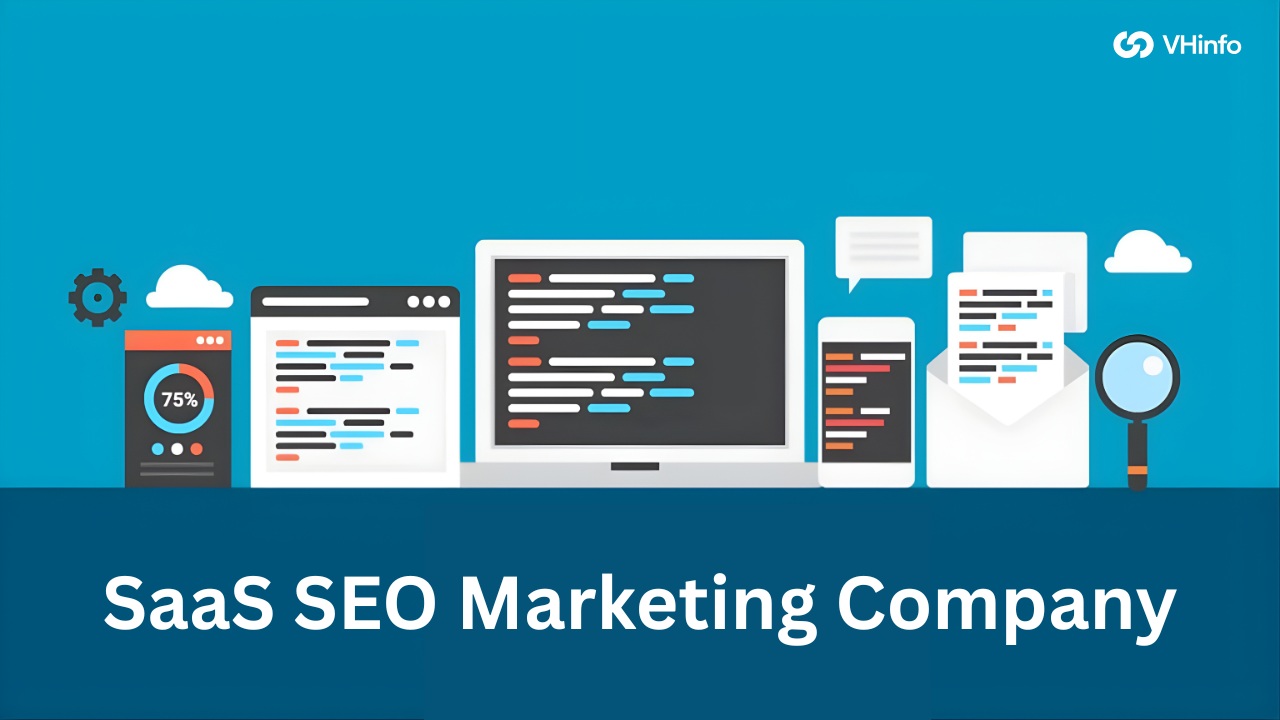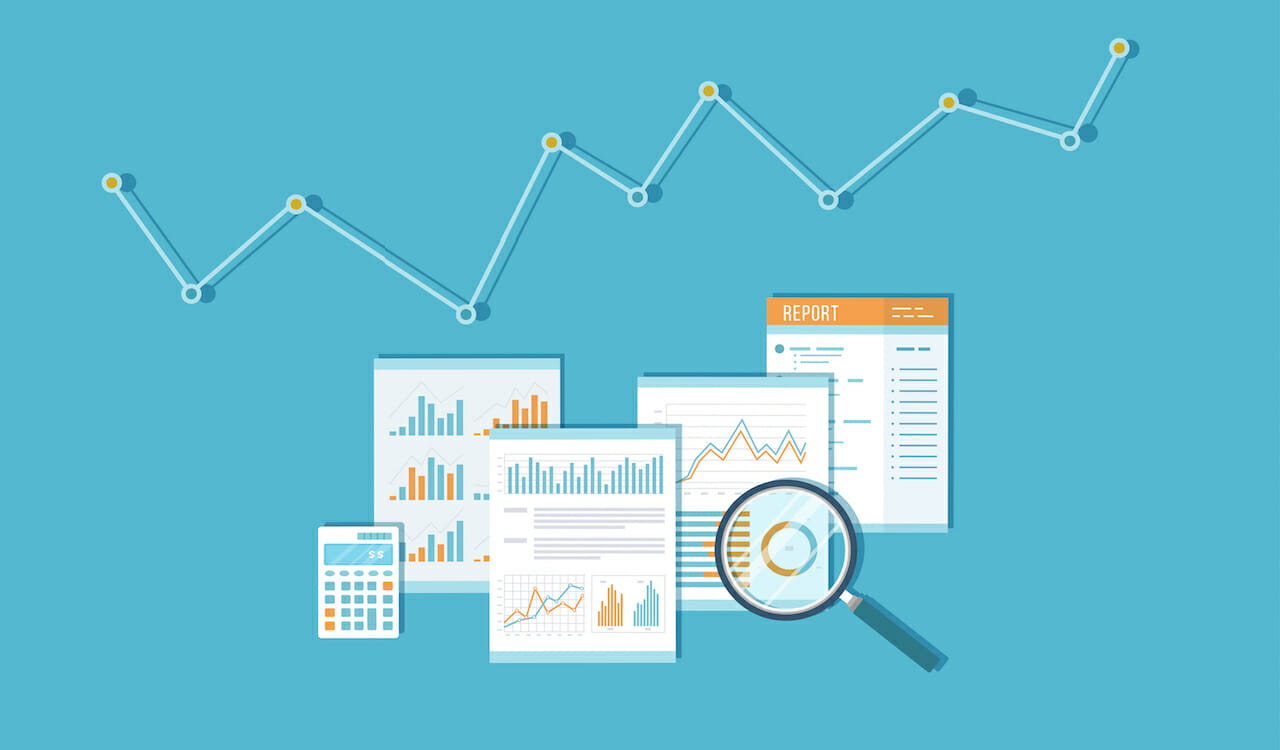Artificial Intelligence (AI) has revolutionized the way businesses and individuals engage on social media. In 2024, AI’s integration into social media platforms is more pronounced than ever, offering unparalleled opportunities for personalization, automation, and efficiency. According to recent statistics, 80% of marketers believe that AI enhances their social media strategies, leading to a 50% increase in engagement rates. This article explores how AI is being utilized in social media, highlighting key areas such as advertising, content generation, influencer marketing, and customer service.
What is AI in Social Media?
AI in social media refers to the application of artificial intelligence technologies to enhance, automate, and optimize social media activities. These technologies include machine learning, natural language processing (NLP), and computer vision, which enable platforms and users to analyze vast amounts of data, predict trends, create content, and interact with audiences more effectively.
How to use AI in social media : Examples
#1. Advertising
AI-driven advertising on social media platforms allows for hyper-targeted campaigns. An AI video generator can create customized video ads, helping brands capture audience attention quickly and effectively By analyzing user data and behavior, AI ad makers like Heyoz help teams create and refine ad creatives, enabling AI to predict which ads are most likely to resonate with specific audiences, thereby increasing conversion rates and ROI.
Benefits:
- AI analyzes user data to identify the best audiences for ad campaigns, leading to higher engagement and conversion rates.
- Optimized targeting reduces wasted ad spend by focusing only on the most relevant users.
- AI adjusts ad creatives in real-time based on performance data, ensuring the most effective visuals and messages are used.
Challenges:
- As AI collects and analyzes user data, maintaining privacy and complying with regulations is crucial.
- Implementing AI-driven advertising requires a good understanding of the technology and its capabilities.
#2. Personalization
Personalization powered by AI tailors content to individual user preferences. Algorithms analyze user behavior, interests, and engagement patterns to deliver customized content, ensuring users see posts, ads, and recommendations that are most relevant to them.
Benefits:
- Personalized content keeps users engaged and encourages more interactions.
- When users see relevant content, they are more likely to stay loyal to the brand.
- Personalized recommendations and ads can lead to higher conversion rates and sales.
Challenges:
- Effective personalization relies on the availability of high-quality user data.
- Brands must ensure they respect user privacy while delivering personalized experiences.
#3. Content Generation
AI tools can generate high-quality content for social media posts, blogs, and advertisements. These tools use NLP to understand context and create human-like text, making content creation faster and more efficient. Whether you’re preparing for a product shoot, AI ensures a consistent brand voice and supports extensive social media strategies. Additionally, you can explore converting your content from text to video to further enhance your marketing efforts.
Benefits:
- AI tools can generate content quickly, allowing marketers to focus on other strategic tasks.
- AI ensures a consistent brand voice across all content.
- AI can produce large volumes of content, supporting extensive social media strategies.
Challenges:
- Ensuring the AI-generated content meets quality standards and aligns with brand messaging.
- While AI can mimic human writing, it may lack the nuanced touch of human creativity.
#4. Influencer Marketing
AI helps identify the most suitable influencers for marketing campaigns by analyzing engagement metrics, audience demographics, and content performance. This ensures brands collaborate with influencers who can deliver the best results.
Benefits:
- AI analyzes engagement metrics and audience demographics to select the best influencers.
- AI tools provide detailed insights into campaign performance, helping to optimize future strategies.
- AI can detect fake followers and engagement, ensuring authentic influencer collaborations.
Challenges:
- Integrating AI tools into existing marketing workflows can be complex.
- Marketers need to trust AI’s recommendations, which requires a good understanding of the technology.
#5. Customer Service
AI-powered chatbots and AI agents provide instant customer service on social media platforms. They can handle inquiries, resolve issues, and engage with customers in real-time, enhancing user experience and satisfaction.
Benefits:
- AI-driven customer service is available around the clock, providing instant support.
- AI handles routine inquiries, allowing human agents to focus on more complex issues.
- Quick and accurate responses enhance overall user satisfaction.
Challenges:
- AI may struggle with complex or nuanced customer inquiries, requiring human intervention.
- Ensuring AI interactions feel personalized and human-like can be challenging.
5 Best AI Tools to use AI in social media in 2024
#1. Canva – Best for creating social media assets
Canva is a graphic design tool that enables users to create stunning social media visuals with ease. It offers a user-friendly interface and a vast library of templates and elements.
Features:
- Drag-and-drop editor
- Thousands of customizable templates
- Extensive stock photo and illustration library
- AI-powered design suggestions
- Collaboration tools for team projects
Pricing:
- Free plan available
- Pro plan: $12.95/month per user
- Enterprise plan: Custom pricing
#2. Sprouts Social – Best for performance analytics
Sprout Social is a comprehensive social media management tool that provides robust analytics and reporting features to track and optimize social media performance. With the rise of advanced content tools like Pika AI, which helps creators generate engaging video content from simple text prompts, marketers can further enhance their social strategy by combining data-driven insights from Sprout Social with AI-powered video creation.
Features:
- Advanced social media analytics
- Customizable reports
- Social listening and monitoring
- Scheduling and publishing tools
- Team collaboration features
Pricing:
- Standard plan: $99/month per user
- Professional plan: $149/month per user
- Advanced plan: $249/month per user
#3. Synthesia – Best for creating video content
Synthesia is an AI video generation platform that allows users to create professional videos without the need for a camera or studio. It uses AI to generate realistic video content from text.
Features:
- Text-to-video conversion
- Realistic AI avatars
- Multiple languages and accents
- Customizable video templates
- Easy integration with other tools
Pricing:
- Personal plan: $30/month
- Corporate plan: Custom pricing based on requirements
#4. Jasper AI – Best for AI Assisted content generation
Jasper AI is an AI writing assistant software that helps create high-quality content for social media, blogs, and marketing materials. It uses advanced NLP to generate human-like text.
Features:
- AI-powered content suggestions
- Blog post and social media templates
- SEO optimization tools
- Multi-language support
- Team collaboration features
Pricing:
- Starter plan: $29/month
- Boss Mode: $59/month
- Business plan: Custom pricing
#5. HubSpot – Best for Social Media ROI Reporting
HubSpot is an all-in-one marketing platform that includes tools for social media management and ROI reporting. It helps track the performance and impact of social media campaigns.
Features:
- Social media scheduling and publishing
- Comprehensive ROI reporting
- CRM integration
- Social listening and monitoring
- Customizable dashboards
Pricing:
- Free plan available
- Starter plan: $45/month
- Professional plan: $800/month
- Enterprise plan: $3,200/month
3 Examples of Brands Using AI in Social Media
1. Nike
Nike has leveraged AI to enhance customer engagement and personalize their social media marketing efforts. One notable example is the use of AI in their Nike Fit app, which uses computer vision and machine learning to recommend the perfect shoe size for customers. This technology is integrated with their social media campaigns, allowing users to easily share their personalized recommendations and purchases, creating a more engaging and tailored experience.
2. Coca-Cola
Coca-Cola utilizes AI for various aspects of its social media strategy, including content creation, customer interaction, and sentiment analysis. They employ AI to monitor social media conversations and gauge public sentiment about their brand and products. This real-time analysis allows Coca-Cola to respond promptly to customer feedback and tailor their marketing messages accordingly.
3. Sephora
Sephora has integrated AI into their social media and digital marketing efforts to provide a more personalized shopping experience. Their AI-powered chatbot, Sephora Virtual Artist, helps customers try on makeup virtually through social media platforms. This innovative tool enhances user engagement by allowing customers to experiment with different looks and share their experiences on social media.
Conclusion : Try to use AI in Social Media – You will not regret Definitely
The integration of AI into social media in 2024 offers significant benefits, from enhancing advertising and personalization to streamlining content generation and customer service. By leveraging AI tools like Canva, Sprout Social, Synthesia, Jasper AI, and HubSpot, businesses can optimize their social media strategies and achieve better results. As we move forward, it’s essential to balance the use of AI with privacy considerations and maintain a human touch in interactions.
Try to use AI in social media—you will definitely not regret it.



